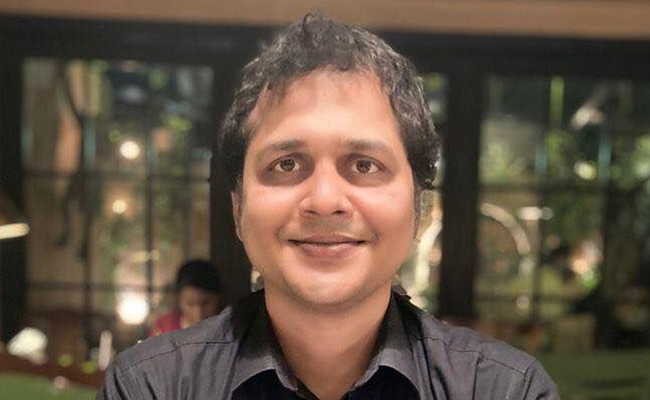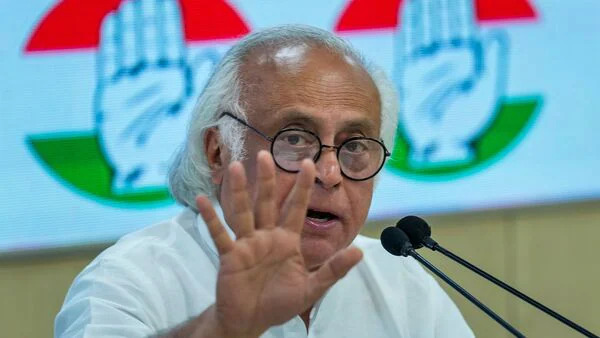New Delhi: In a recent letter, MP Saket Gokhale has called on Finance Minister Nirmala Sitharaman to include provisions for disaster relief for the states of Kerala and West Bengal in the Union Budget 2024. This demand comes in the wake of devastating landslides in Wayanad, Kerala, and severe flooding in North Bengal.
Gokhale, along with fellow MP Sushmita Dev, visited the affected areas in Wayanad on Friday and Saturday. They were sent by their party leader, Mamata Banerjee, to assess the situation and show support for the victims. Gokhale described the scene as a "carnage," with hundreds of lives lost and numerous families left without homes. The Kerala administration is reportedly working diligently to manage the crisis, but the task of rebuilding over 500 destroyed homes remains a significant challenge. According to Gokhale, the media coverage does not fully capture the extent of the disaster.
In West Bengal, the flooding has similarly displaced many people who now require rehabilitation. Gokhale criticized the central government for withholding relief funds, alleging that the Modi administration is neglecting these states because they are governed by opposition parties.
He further said that Union Government revenues are derived from taxes paid by citizens across all states, including Kerala and Bengal, and should be used for the welfare of all Indians, especially in times of disaster.
Gokhale urged the Finance Minister to set aside political differences and provide the necessary flood and disaster relief in the budget, stating that it is the government's duty to assist affected citizens.
Important:
— Saket Gokhale MP (@SaketGokhale) August 5, 2024
I've written to Finance Minister @nsitharaman demanding that the states of Kerala & West Bengal be included in the Union Budget 2024 for providing disaster relief to people affected by the landslide in Wayanad & the floods in North Bengal.
Along with my colleague… pic.twitter.com/HIlKa4KvMb
Let the Truth be known. If you read VB and like VB, please be a VB Supporter and Help us deliver the Truth to one and all.
Raipur (PTI): Thirteen people, all women and children, died, and 14 were injured in a collision between a trailer and a goods truck in Raipur, Chhattisgarh, police said on Monday.
Four children and nine women died in the accident that took place late Sunday night near Saragaon on Raipur-Balodabazar road in Raipur district.
Chief Minister Vishnu Deo Sai has announced a compensation of Rs 5 lakh each to the families of the deceased.
Raipur Senior Superintendent of Police Lal Umed Singh said 35 persons, mostly members of a family, were returning from a family function in Bana-Bansari village when the goods truck they were travelling in collided with a trailer coming from the opposite direction and went on to hit another heavy vehicle.
After getting information about the accident, a police team was sent to the spot, and the injured were taken to Dr Bhimrao Ambedkar Hospital, Raipur.
District collector Gaurav Singh said district administration officials also reached the spot.
Police have registered a case, and the matter is being investigated, the collector said.
Chief Minister Sai expressed grief over the incident and announced a compensation of Rs 5 lakh each to the families of the deceased and Rs 50,000 each to the injured persons.
Sai has instructed officials to ensure proper treatment for the injured persons.


_vb_39.jpeg)

_vb_16.jpeg)
